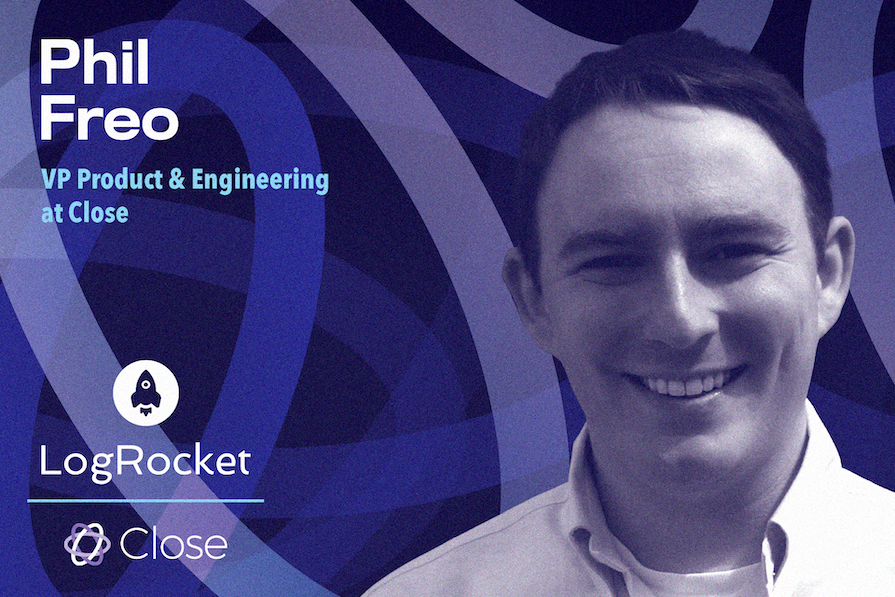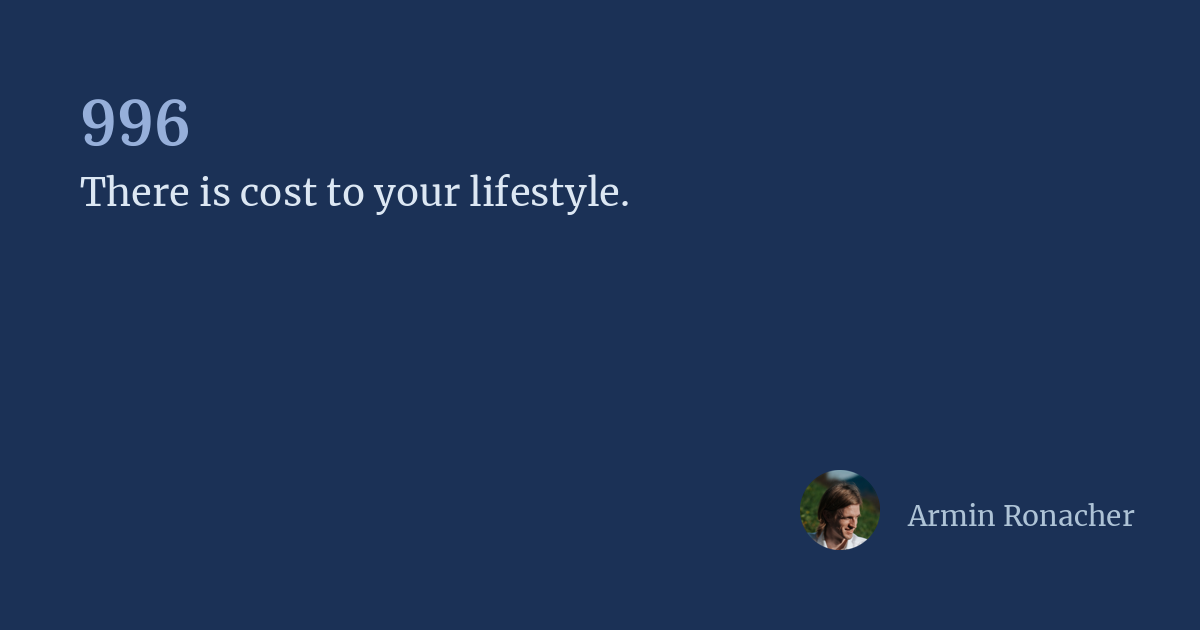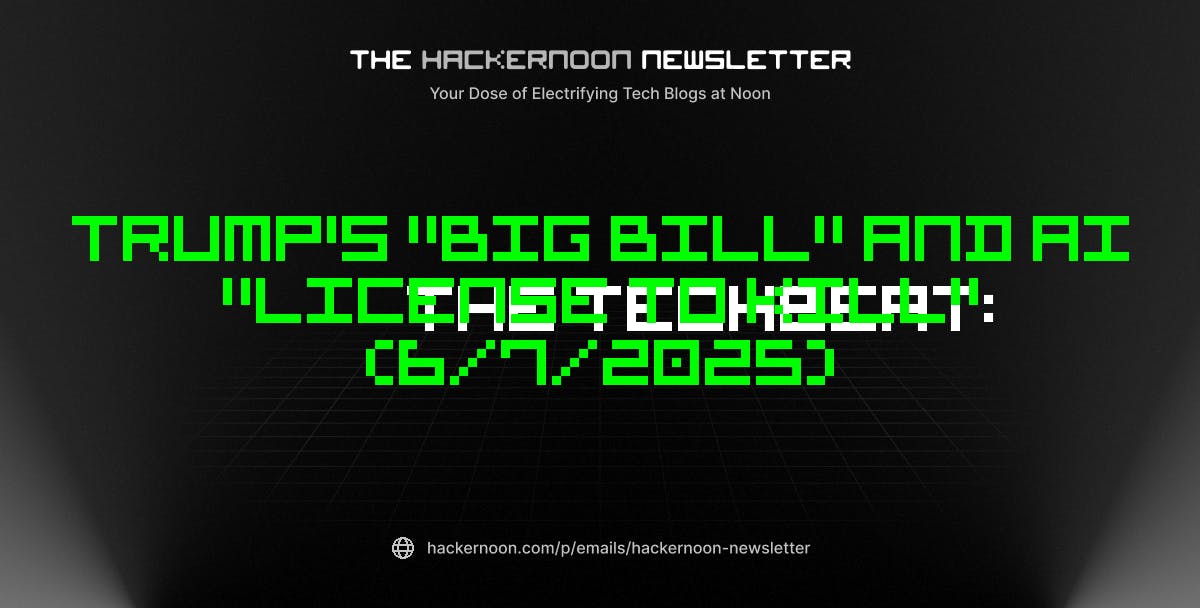fromBusiness Insider
5 hours agoI'm a startup founder who allows a dog in the office. It's become our best productivity hack.
When my startup was raising $35 million in Series A funding, it was naturally a very intense period for our company. We were heads down, with everyone coming to the office early and leaving very late, five to six days a week. Coming out of that time, one of our team members brought her dog, Ollie, to the office, and he kind of became our secret productivity hack.
NYC startup









